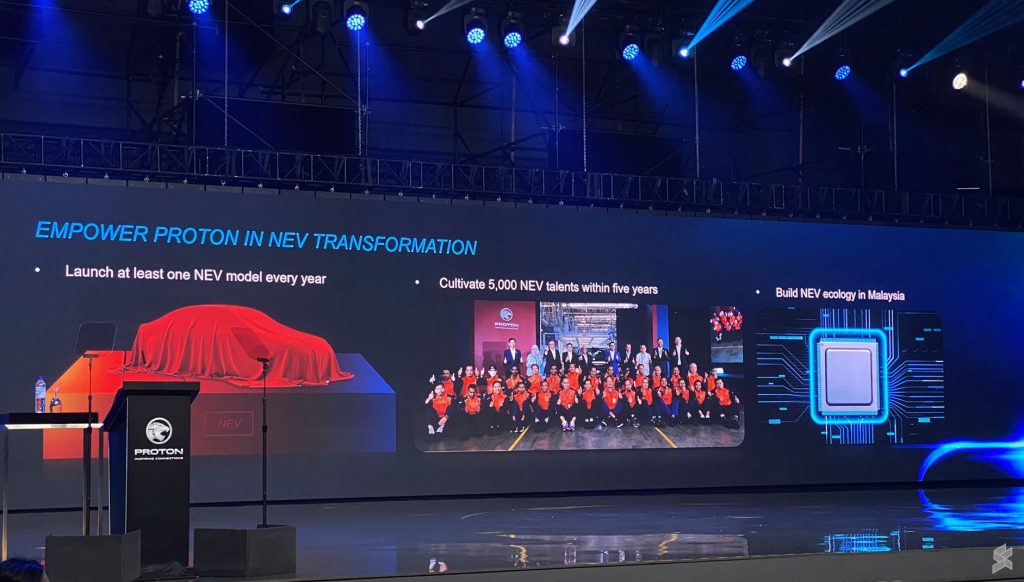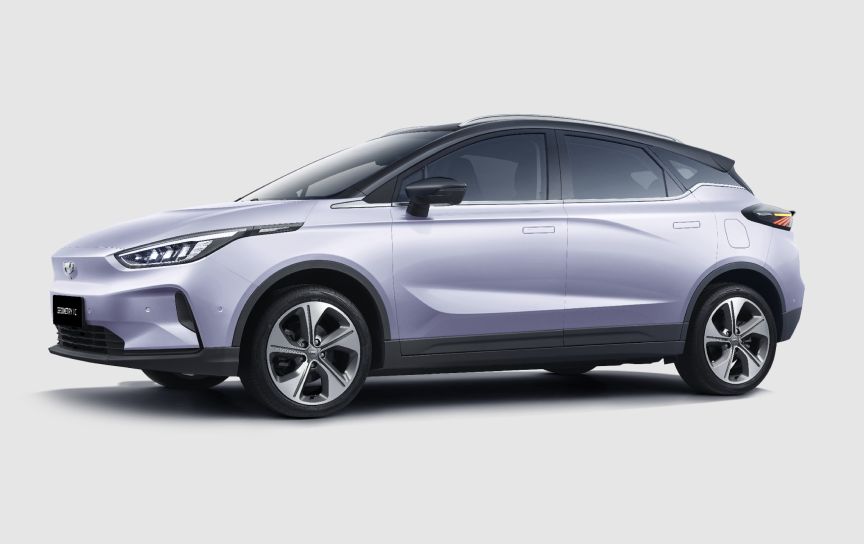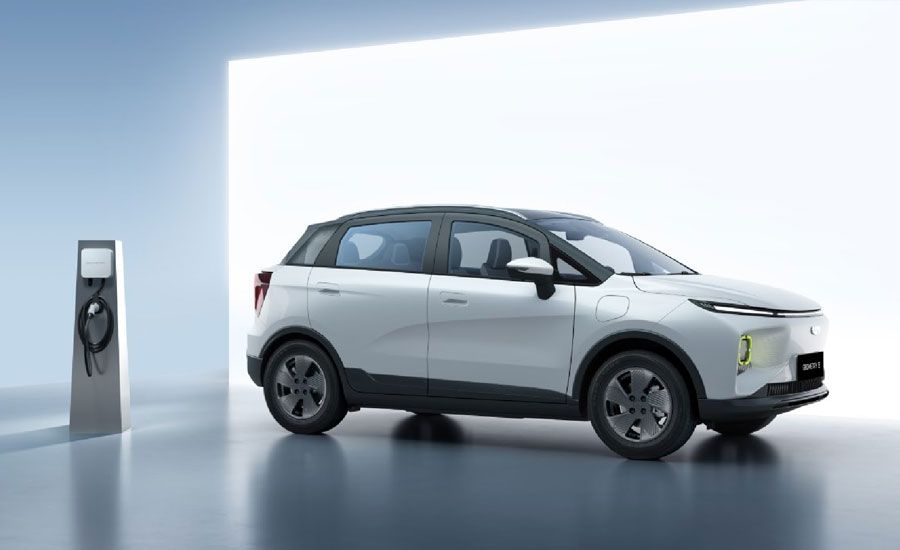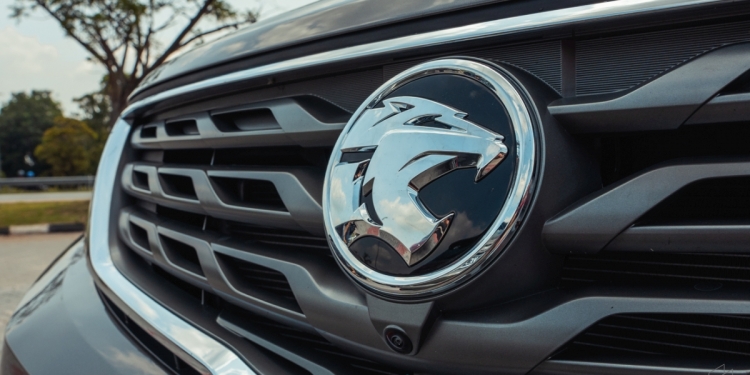Proton has dropped some details for its future models, including plans for Proton-branded electric vehicles (EVs). This comes after the Ministry of Investment, Trade and Industry (MITI) called upon local carmakers Proton and Perodua to introduce affordable EVs by 2025.
According to Proton CEO Dr Li Chunrong, Proton will be launching its EVs very soon. What’s more interesting is that they will be launching two EVs and the second model will be introduced 6 – 8 months later. The CEO is still tight-lipped on the details but it does show that they are committed to their New Energy Vehicle (NEV) transition.

During the launch of the Proton X90, Geely’s Founder and Chairman Eric Li Shufu said the Chinese automaker wants to empower Proton in the NEV transformation with the goal of launching at least one NEV model every year. NEV is usually referred to as electrified vehicles which include hybrid electric vehicles, fuel cell electric vehicles and battery electric vehicles.

The biggest question is which EV models will be introduced by Proton in the coming year? Given its partnership with Geely, it is likely that the upcoming Proton EV will be based on existing models under the Chinese automotive group. Several possible options include the Geometry brand which has several electric SUVs like the Geometry C and Geometry E.


Whichever model Proton picks for local production, it has to be not only affordable but practical for Malaysian use cases. There are cheaper and compact EVs from China which are great for city driving. However, their lower top speeds make them unsuitable for Malaysian drivers who commute daily on highways.
Under MITI’s current policy, imported EVs into Malaysia must not be priced under RM100,000 and this is seen as a barrier to enabling the mass market to switch to EVs. The policy is seen as a move to protect the local automotive industry and to encourage the local production of EVs under RM100,000.
While affordable EVs can help to accelerate EV adoptions, the other concern is having sufficient EV charging infrastructure to support the number of EVs on the road. Malaysia aims to have 10,000 EV charge points by 2025 but it appears that Malaysia is still far behind with approximately 1,500 charge points deployed so far.
While Charge Point Operators have accelerated the deployment of chargers along highways and destinations, it appears that bureaucratic hurdles are slowing down the availability of new chargers. Several EV chargers have been deployed but they are still not live yet even after 6 months. The Energy Commission (ST) said the approval of the EVCS licence now takes just one month and the delay in approvals is due to incomplete applications. At the time of writing, only 223 EVCS licences have been granted as of mid-December 2023.
[ SOURCE ]








